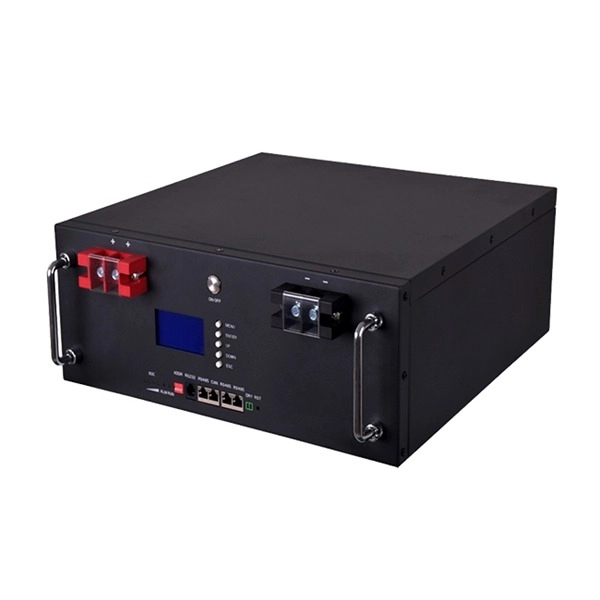Competitive Lithium Ion Battery Wholesale Price
MANLY Battery offers top-quality lithium batteries at competitive Lithium Ion Battery Wholesale Price for businesses looking to buy in bulk. With custom specifications and global certifications like UL, IEC, and CE, our products deliver superior safety and performance. Backed by a 10-year warranty, MANLY Battery ensures reliability for energy storage, electric vehicles, and more. Whether you need large quantities for industrial use or retail, we provide flexible solutions tailored to meet your needs.
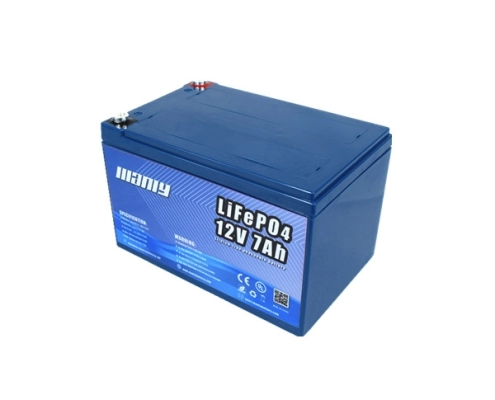
12V 7Ah Lithium Iron Phosphate Batteries
This lifepo4 lithium battery offers efficient, reliable power with MANLY’s customizable design and built-in safety features, perfect for diverse applications.
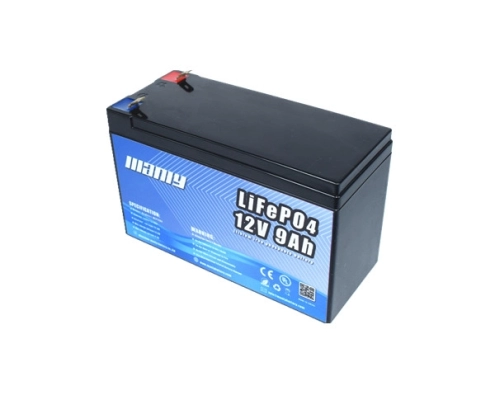
12V 9Ah Lithium Iron Phosphate Batteries
With fast charging and safety protections, this lifepo4 lithium battery ensures long-lasting performance under tough conditions.
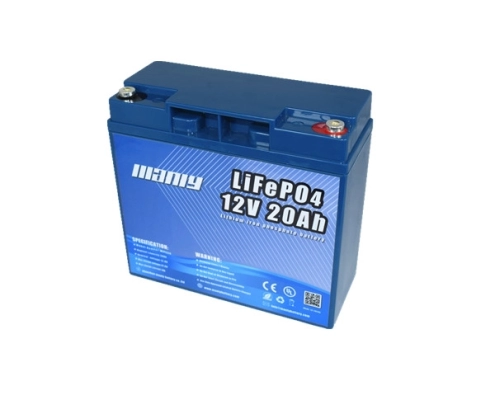
12V 20Ah Lithium Iron Phosphate Batteries
Global certifications and a decade-long warranty make this lifepo4 lithium battery an ideal, safe power solution for various uses.
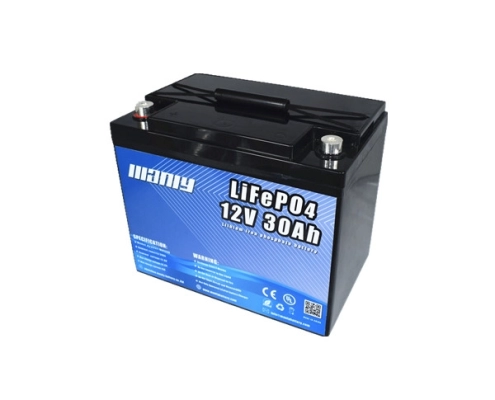
12V 30Ah Lithium Iron Phosphate Batteries
Offering Bluetooth monitoring and flexible design, this lifepo4 lithium battery is highly efficient and durable.
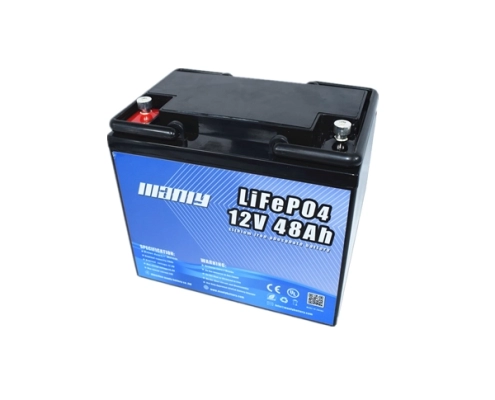
12V 48Ah Lithium Iron Phosphate Batteries
This lifepo4 lithium battery combines high energy efficiency with advanced safety features, ensuring reliable performance in extreme environments.
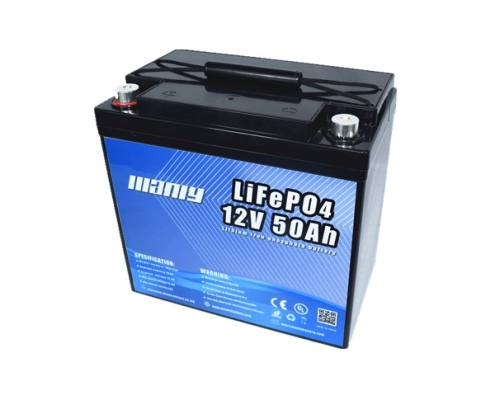
12V 50Ah Lithium Iron Phosphate Batteries
With superior safety features and a 10-year warranty, this lifepo4 lithium battery delivers reliable power for demanding applications.
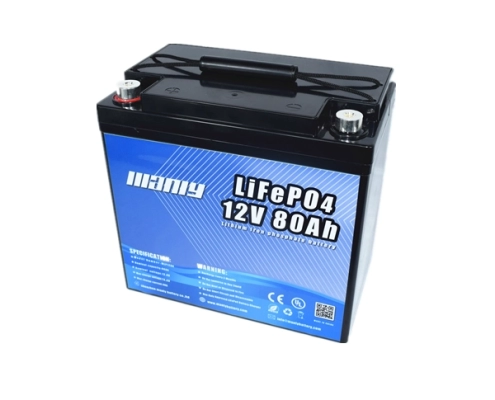
12V 80Ah Lithium Iron Phosphate Batteries
This lifepo4 lithium battery provides high energy efficiency, long-lasting power, and robust safety features, perfect for demanding environments.
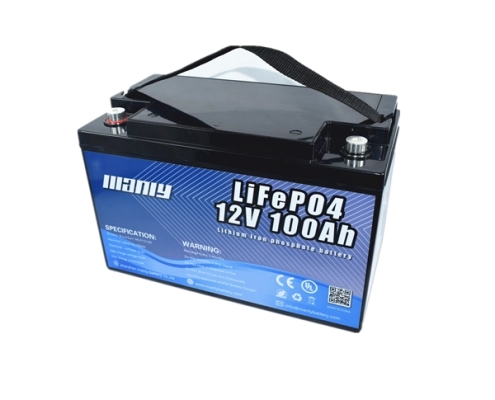
12V 100Ah Lithium Iron Phosphate Batteries
Offering superior safety and a 10-year warranty, this lifepo4 lithium battery delivers reliable and efficient power for heavy-duty use.
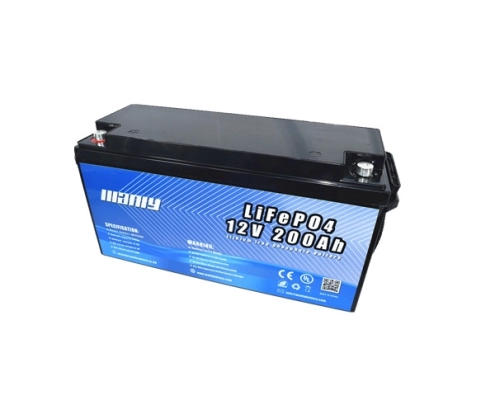
12V 200Ah Lithium Iron Phosphate Batteries
Designed for efficiency and durability, this lifepo4 lithium battery excels in tough conditions and supports customizable specifications.
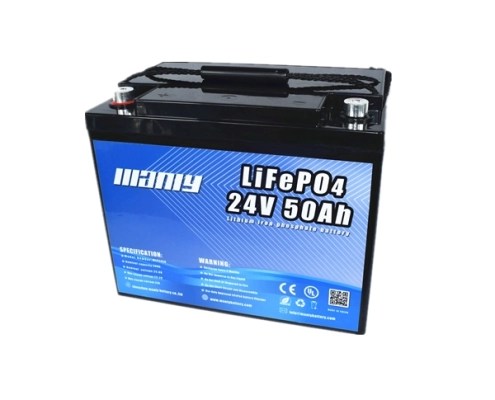
24V 50Ah Lithium Iron Phosphate Batteries
With fast charging and excellent safety measures, this lifepo4 lithium battery ensures dependable performance and customization options.
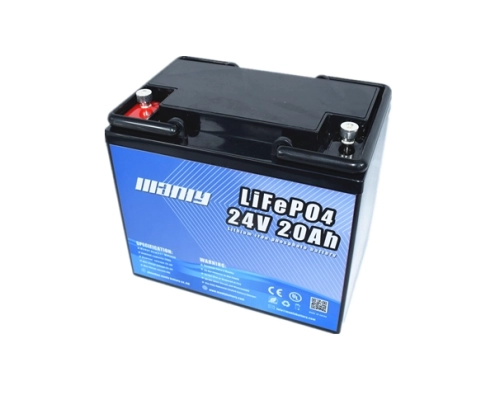
24V 20Ah Lithium Iron Phosphate Batteries
This compact lifepo4 lithium battery offers efficient power with built-in safety and durability for versatile use.
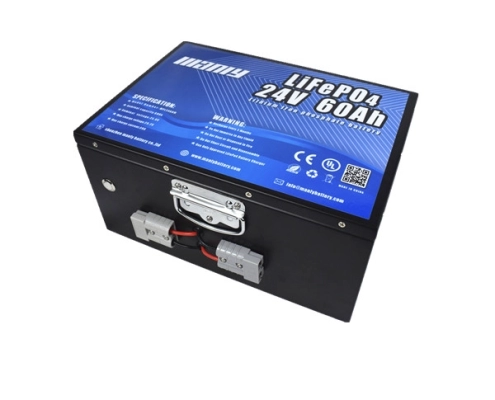
24V 60Ah Lithium Iron Phosphate Batteries
Delivering high efficiency and customizable power, this lifepo4 lithium battery is built for safe and long-lasting performance.
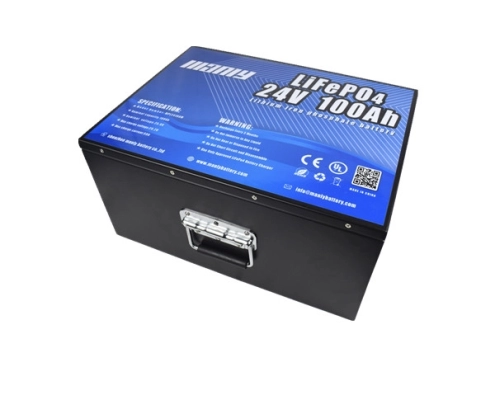
24V 100Ah Lithium Iron Phosphate Batteries
This lifepo4 lithium battery offers a decade-long warranty and superior efficiency, perfect for heavy-duty energy needs.
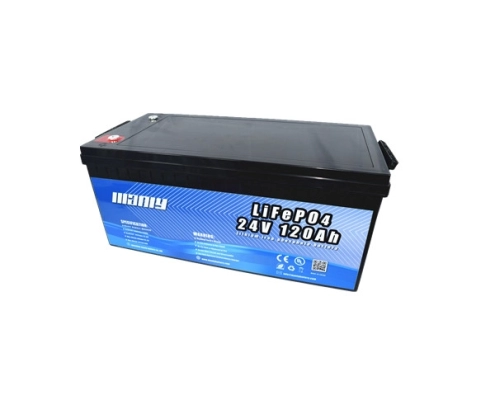
24V 120Ah Lithium Iron Phosphate Batteries
Featuring advanced safety systems, this lifepo4 lithium battery provides reliable power with customizable capacity for various applications.
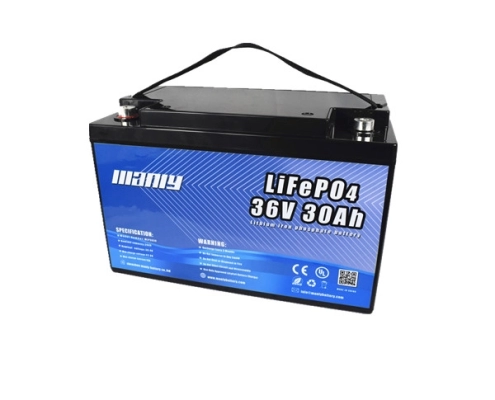
36V 30Ah Lithium Iron Phosphate Batteries
This lifepo4 lithium battery delivers efficient, reliable power with advanced safety features, perfect for high-demand applications.
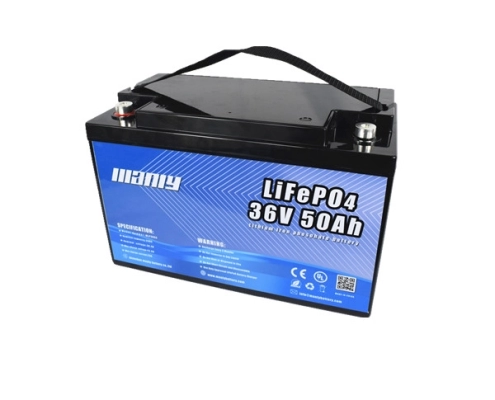
36V 50Ah Lithium Iron Phosphate Batteries
Offering customizable capacity and a 10-year warranty, this lifepo4 lithium battery ensures long-lasting, safe performaince n various environments.
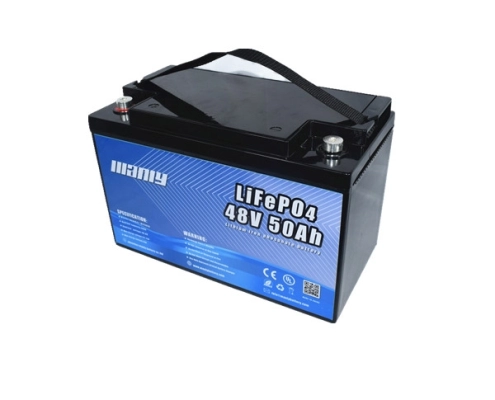
48V 50Ah Lithium Iron Phosphate Batteries
This lifepo4 lithium battery combines high energy efficiency and advanced safety measures, providing dependable power for heavy-duty applications.
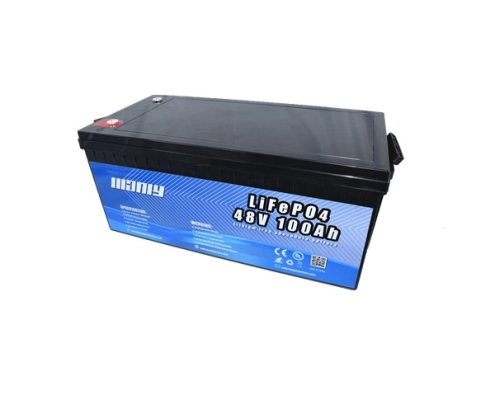
48V 100Ah Lithium Iron Phosphate Batteries
With a 10-year warranty and superior safety features, this lifepo4 lithium battery is ideal for high-capacity energy needs.
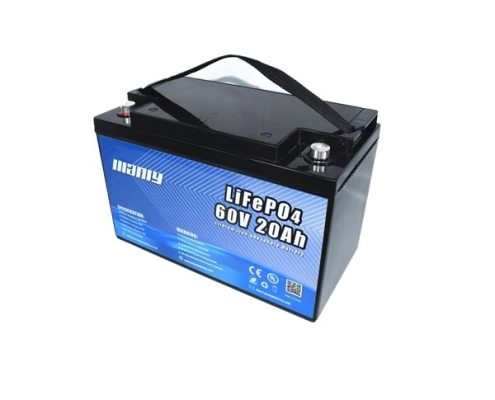
60V 20Ah Lithium Iron Phosphate Batteries
Compact yet powerful, this lifepo4 lithium battery offers reliable, efficient power with robust safety measures for diverse uses.
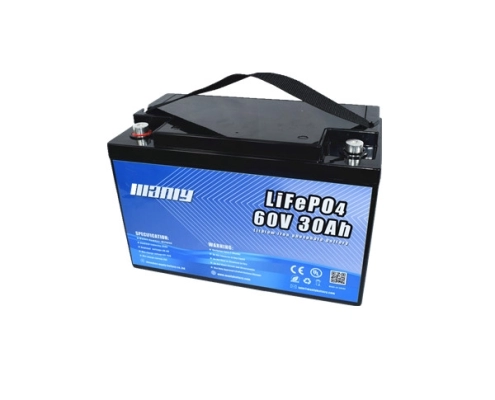
60V 30Ah Lithium Iron Phosphate Batteries
This lifepo4 lithium battery provides fast charging and customizable capacity, ensuring reliable performance in demanding environments.
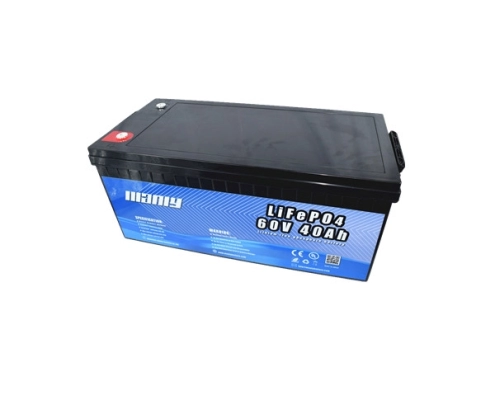
60V 40Ah Lithium Iron Phosphate Batteries
With global certifications and built-in safety features, this lifepo4 lithium battery delivers efficient, durable power.
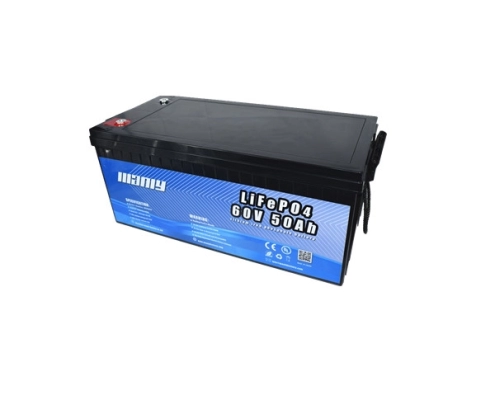
60V 50Ah Lithium Iron Phosphate Batteries
This lifepo4 lithium battery offers high energy efficiency and safety, backed by MANLY’s 10-year warranty for lasting performance.
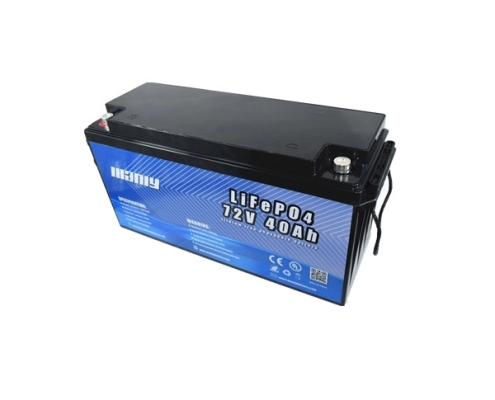
72V 40Ah Lithium Iron Phosphate Batteries
Offering advanced safety and efficiency, this lifepo4 lithium battery provides reliable power for high-voltage applications.
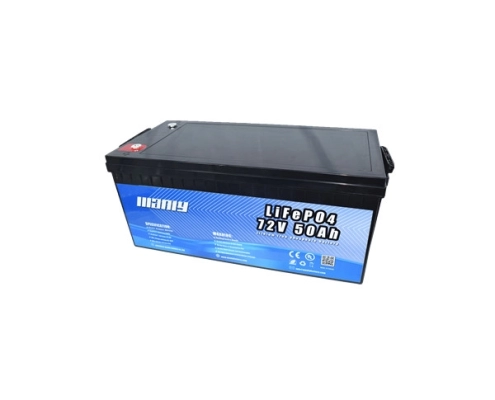
72V 50Ah Lithium Iron Phosphate Batteries
This lifepo4 lithium battery ensures efficient performance and safety, perfect for heavy-duty, high-voltage energy needs.
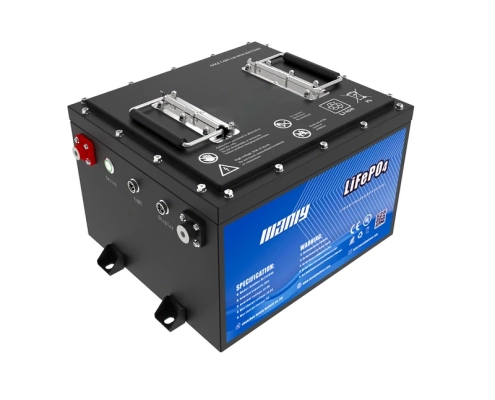
36v Golf Cart Lithium Battery
MANLY 36V golf cart lithium battery offers 60Ah, 100Ah, 105Ah, and 110Ah options with custom capacity available to fit your specific needs.
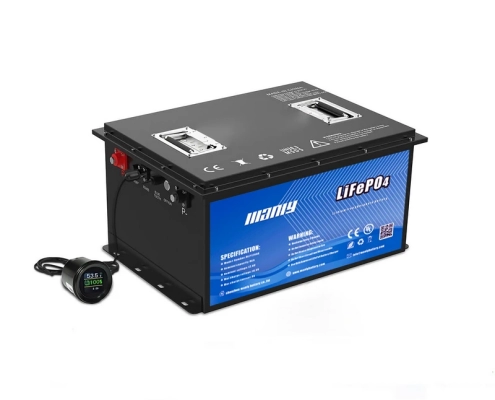
48v Golf Cart Lithium Battery
MANLY 48V golf cart lithium battery is available in 27Ah, 36Ah, 100Ah, 105Ah, and 160Ah configurations, and can be customized to meet your unique requirements.
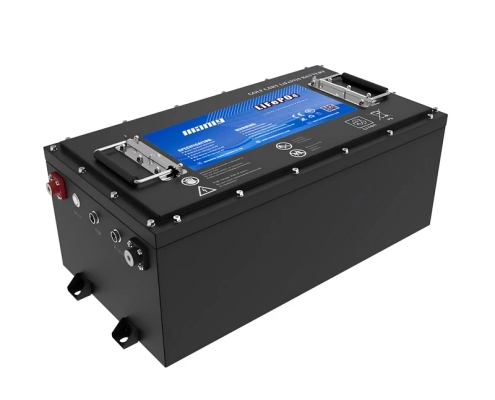
72v Golf Cart Lithium Battery
MANLY 72V golf cart lithium battery comes in 55Ah, 80Ah, 105Ah, and 160Ah options and can be tailored to suit your specific needs.
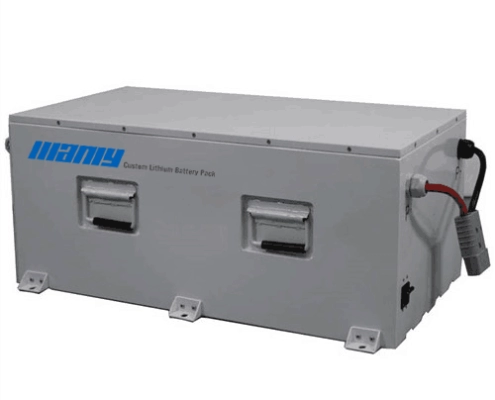
36 volt forklift battery
Customized forklift batteries with global certifications, offering safety, durability, and high efficiency, backed by a 10-year warranty.
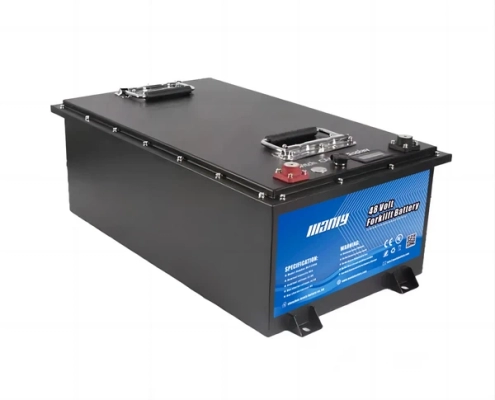
48v volt forklift battery
High-performance forklift batteries with advanced safety features, global certifications, and faster charging, guaranteed for 10 years.
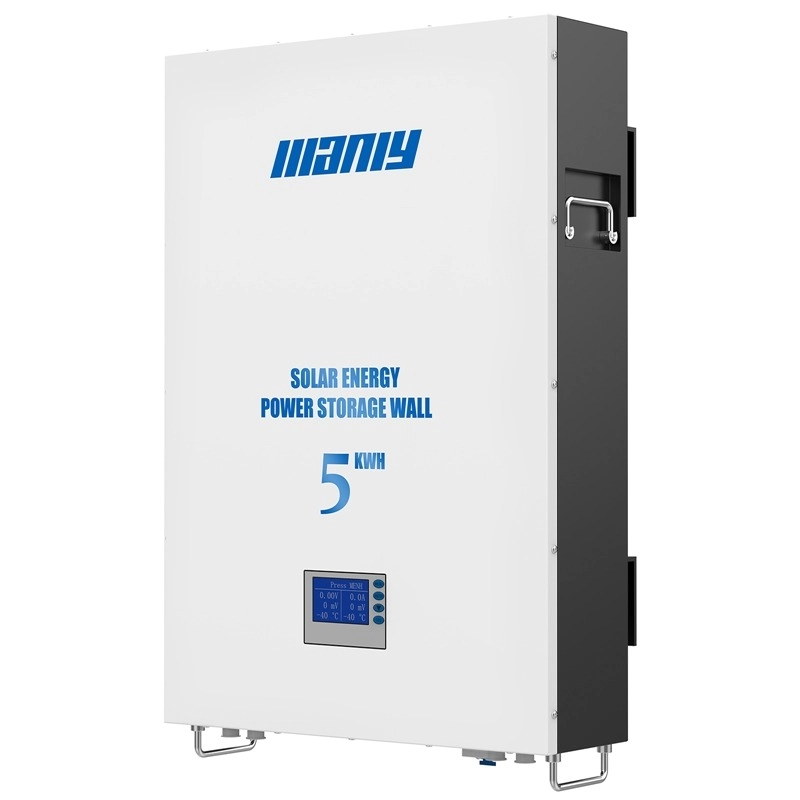
5kWh Lithium Iron Phosphate Batteries
Delivering long-lasting, efficient power, this lifepo4 lithium battery is ideal for large-scale energy storage and heavy-duty applications.

15kWh Lithium Iron Phosphate Batteries
With superior safety and a 10-year warranty, this lifepo4 lithium battery provides high-capacity energy storage for various uses.
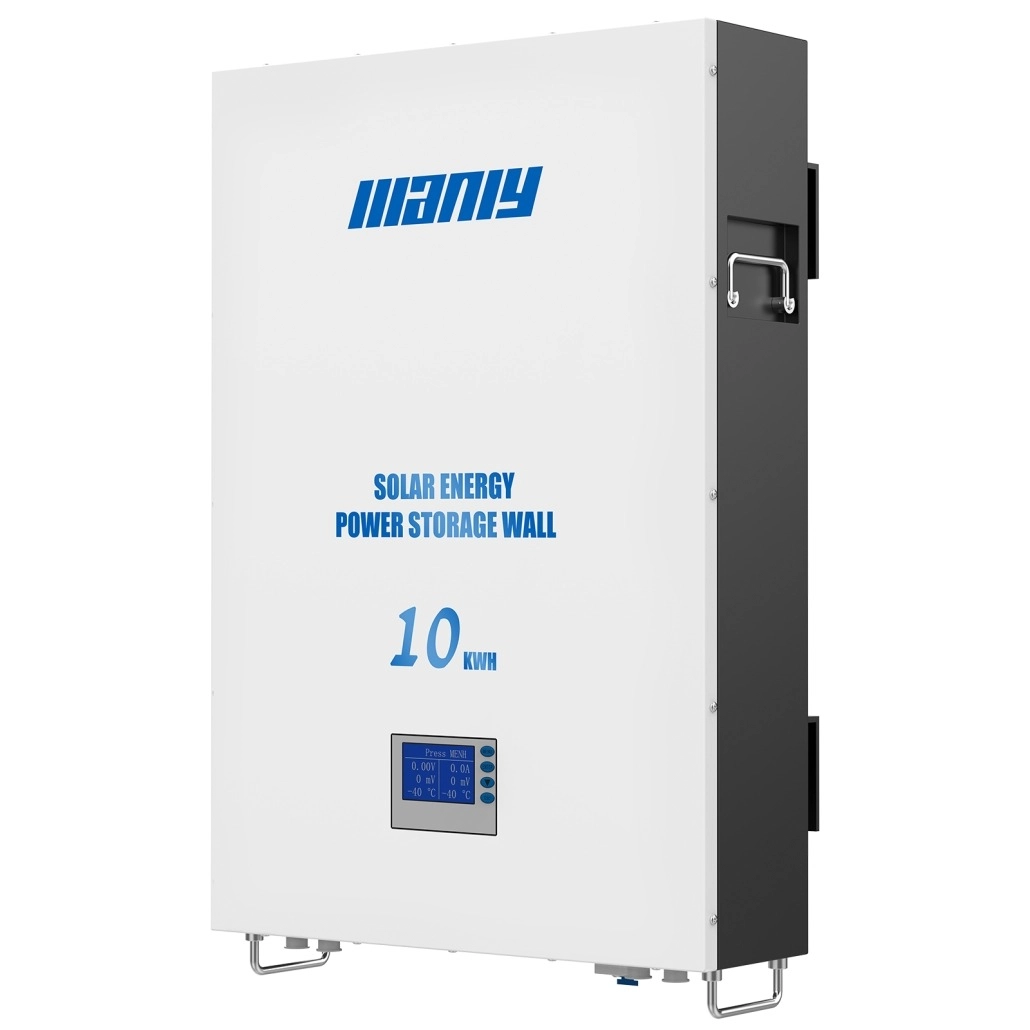
10kWh Lithium Iron Phosphate Batteries
This lifepo4 lithium battery offers top-tier performance and safety, making it an ideal solution for large-scale energy storage systems.
Contact Us
Contact MANLY Battery team at [email protected] or fill out the form below
Retail vs. Wholesale: Understanding the Differences in Lithium Ion Battery Wholesale Price
When deciding how to sell products, businesses must choose between retail and wholesale. This decision is crucial as it impacts pricing, sales volume, and customer relationships. Understanding the difference between wholesale and retail trade is essential to making the right choice. Let’s break down the key differences, using lithium battery wholesale price as a primary example to illustrate how pricing strategies differ.
What Is Retail?
Retail involves selling products directly to consumers at a higher price. Retailers purchase items from wholesalers or manufacturers, add a markup, and then sell these items to the end-users. This structure allows for a greater degree of control over the final price. Retailers can customize products or add features to increase their value, making it possible to earn more profit per item.
Retailers typically sell smaller quantities to individual customers and focus on creating a positive shopping experience. Some common examples of retail businesses include grocery stores, clothing boutiques, and online shops that sell directly to consumers. For instance, a store selling lithium batteries to end-users would set prices higher than a lithium ion battery wholesale price, aiming to cover their costs and make a profit.
What Is Wholesale?
Wholesale, on the other hand, is the practice of selling large quantities of products to retailers or other businesses at a lower price per unit. Wholesalers usually buy products directly from manufacturers and sell them in bulk to retail businesses. They operate on a smaller profit margin but make up for it through high sales volume.
For example, a company specializing in wholesale and retail of lithium batteries would sell bulk orders at a lithium ion battery wholesale price. Retailers then purchase these batteries at a lower cost, allowing them to mark up prices for individual customers. Wholesalers focus less on product presentation and customer service since they deal with businesses rather than end consumers.
Define Wholesale and Retail: Key Characteristics
To clearly define wholesale and retail, consider the following points:
- Wholesale: Sells large quantities at lower prices to businesses. Focuses on high volume and limited control over the final selling price.
- Retail: Sells smaller quantities at higher prices to end consumers. Has greater control over pricing and presentation.
Each type has its own strategy and pricing structure. In the case of lithium ion battery wholesale price, the wholesale price is lower because wholesalers benefit from bulk orders, while retailers have to factor in additional costs like marketing, packaging, and store overhead.
Price Differences: Wholesale vs. Retail
The main difference between retail vs. wholesale prices is the markup. Retailers buy products from wholesalers and then increase the price to cover their costs and earn a profit. This markup varies based on factors such as brand value, marketing expenses, and customer demand. Wholesale prices, in contrast, are set to encourage bulk buying, making products like lithium batteries more affordable for retailers.
For instance, the lithium ion battery wholesale price for a bulk order of batteries is significantly lower per unit than the price a consumer would pay at a retail store. This is because wholesalers benefit from selling in bulk and can afford to reduce the per-unit cost. Retailers, however, must consider advertising and other expenses, which are factored into the final price.
Who Should Choose Wholesale?
Choosing wholesale is ideal for businesses looking to buy large quantities and save on costs. Wholesalers are the backbone of the supply chain, supplying products to retailers, manufacturers, or other business entities. They don’t sell directly to individual customers but offer products in bulk at discounted rates. This structure makes wholesale and retail businesses highly interdependent.
For example, a retailer that specializes in energy storage products may purchase batteries at a lithium ion battery wholesale price to stock up for the season. By buying in bulk, the retailer reduces the overall cost and can offer competitive prices to end consumers.
Who Should Choose Retail?
Retail businesses are better suited for those who want to interact directly with customers and have greater flexibility in pricing. Retailers must focus on product presentation, customer service, and marketing to attract buyers. They often source products from wholesalers at a lower cost and set a markup to achieve their desired profit margins.
In a retail setup, a business might buy from a lithium ion battery wholesale price and then add value by offering personalized services or extended warranties. This allows them to justify the higher price they charge to customers.
Pros and Cons of Retail and Wholesale
Understanding the pros and cons of each model helps businesses decide which is the better fit.
Retail Pros:
- Direct control over pricing and product presentation.
- Ability to engage directly with customers.
- More flexibility in setting promotional offers and discounts.
Retail Cons:
- Higher costs due to smaller purchase quantities.
- Need to invest in marketing and customer service.
- Lower volume of sales compared to wholesale.
Wholesale Pros:
- High sales volume, even with lower profit margins.
- Lower marketing and advertising costs.
- Stable revenue through bulk sales.
Wholesale Cons:
- Limited control over the final selling price.
- Higher initial investment and storage needs.
- Fewer customer interactions.
Final Thoughts on Choosing Retail or Wholesale
Choosing between retail vs. wholesale depends on your business goals, budget, and target customers. If you aim to maximize volume and have the resources for large investments, wholesale may be the right choice. However, if you prefer to have more control over pricing and want to interact with end-users, retail could be a better fit.
For those in the lithium battery industry, it’s crucial to consider both options. Whether you choose to focus on retail or take advantage of the lithium ion battery wholesale price for bulk sales, aligning your strategy with your business goals will ensure success.

